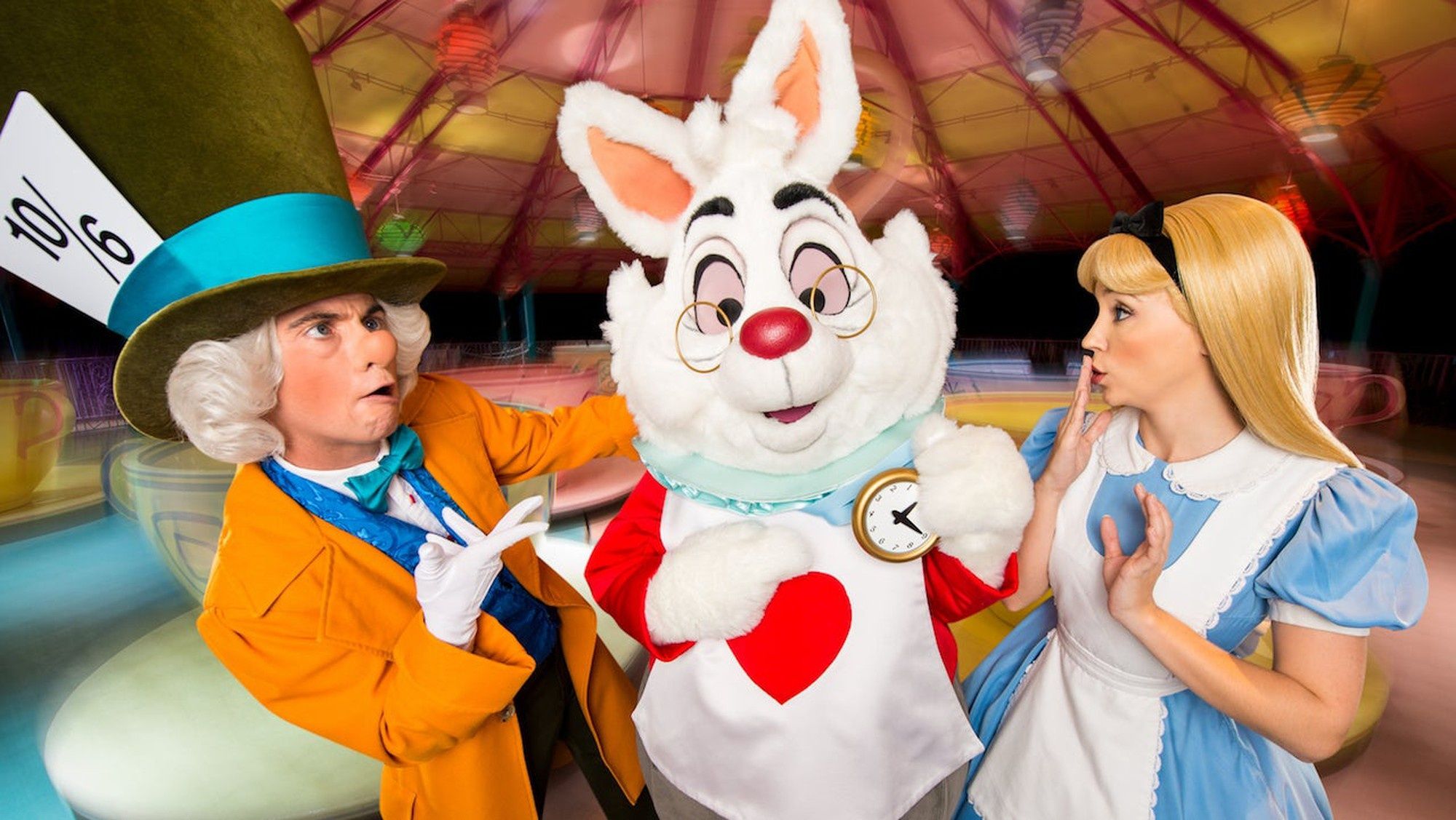This has been a year of transition and investment for Walt Disney (DIS 1.83%). The company spent $71 billion buying much of 21st Century Fox (FOX +0.00%) (FOXA +0.00%), a move that gave it access to an incredible array of intellectual property (IP), including many Marvel characters that it already owned, but which had been previously licensed out.
It was a particularly expensive deal as Fox had another suitor -- Disney's chief rival, Comcast (CMCSA 1.87%) -- and the bidding war between them added 36%, or $18.9 billion, to the final price tag. Despite that, the purchase will pay off for the Mouse House, and it's in line with the company's fundamental strategy. By acquiring Pixar, Marvel, Lucasfilm, and now, the Fox IP, Disney has tied up rights to beloved characters and creative teams that will allow it to continue dominating the box office while also building its cable, streaming, and theme park empires.

Disney is opening Star Wars lands in Florida and California. Image source: Walt Disney.
It's all about IP
The formula for success here may seem unoriginal, but Disney is happy to give us what it already knows we want. A Marvel, Pixar, Star Wars, or Disney Animation movie has a far better chance of attracting a mass audience than a new property. The same is true on the small screen. Consider The Mandalorian, an upcoming show that will be exclusive to Disney's soon-to-launch streaming network: Set inside the Star Wars universe a few years after the fall of the Empire, but long before the rise of the First Order, and focused a totally new lone gunfighter character, it will undoubtedly get more attention from sci-fi fans than a similar series without the movie tie-in would.
Disney leads global box office this year, with over $7 billion in ticket sales, and franchises are the reason. Its studio results were powered largely by three Marvel films (Black Panther, Avengers: Infinity War, and Ant-Man & The Wasp). It also scored with Pixar's The Incredibles 2, which earned $1.2 billion globally, and Disney Animation sequel Ralph Breaks the Internet (still in theaters) is on track to be a fair-sized hit as well.
Even the company's biggest recent failure -- Solo: A Star Wars Story -- made $392 million globally. That was a bomb only in comparison to how much it cost to make, and the previous results for live-action Star Wars movies. And while Solo was a disappointment, when all the revenue is tabulated, it was a small money loser, not a massive flop.
The company's film slate is built around a framework of near-sure things every year, with multiple Marvel films, a Star Wars movie, one or two Pixar films, and other movies based on classic Disney IP. Those alone could keep it at the top of the box office heap for the foreseeable future, and its catalog has only gotten stronger with the addition of Fox properties which include Avatar, X-Men, The Simpsons, Deadpool, and more.
To top it all off, that IP will soon be the foundation of the Disney+ streaming service. And next year, the company will open Star Wars lands at Disney World and Disneyland -- its largest theme park expansions ever.
The rich get richer
Disney's recent moves may be adding to its muscle, but it was already strong. Its earnings per share rose from $5.69 in fiscal 2017 to $8.36 in fiscal 2018 (which ended Sept. 29). Revenue was also up 8% year over year.
"We're very pleased with our financial performance in fiscal 2018, delivering record revenue, net income and earnings per share," said CEO Robert A. Iger in the earnings release. "We remain focused on the successful completion and integration of our 21st Century Fox acquisition and the further development of our direct-to-consumer business, including the highly anticipated launch of our Disney-branded streaming service late next year."
At this point, Disney is extending its formula for success across its whole portfolio. Winning results are more or less guaranteed, because the company jumps off from a core of IP that resonates with people whether it's used in a movie, a streaming show, or as the theme for an amusement park ride.
And no matter how consumer preferences change when it comes to content consumption, we'll keep coming back to those franchises. For long-term investors, that's makes Disney a ticket well worth considering.







